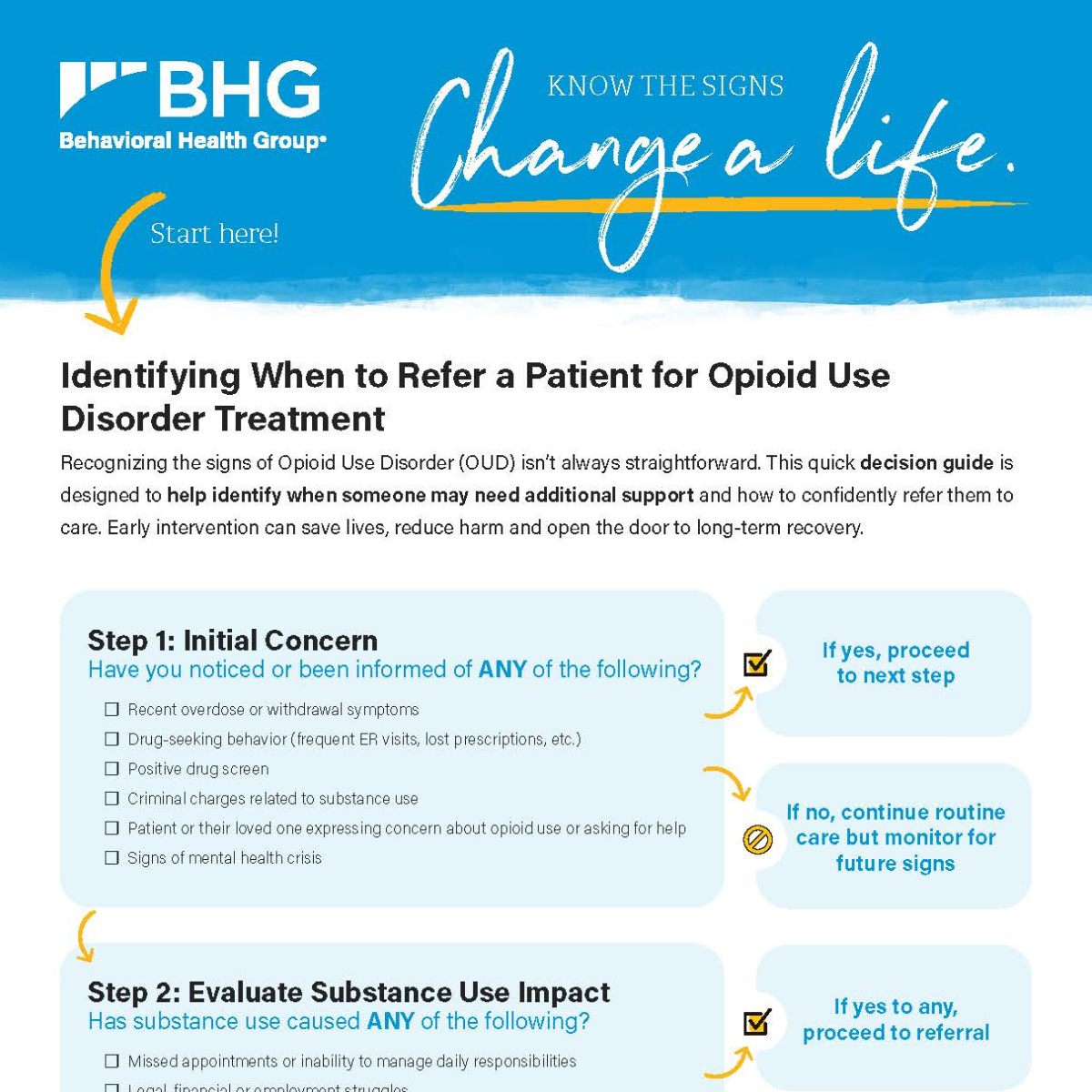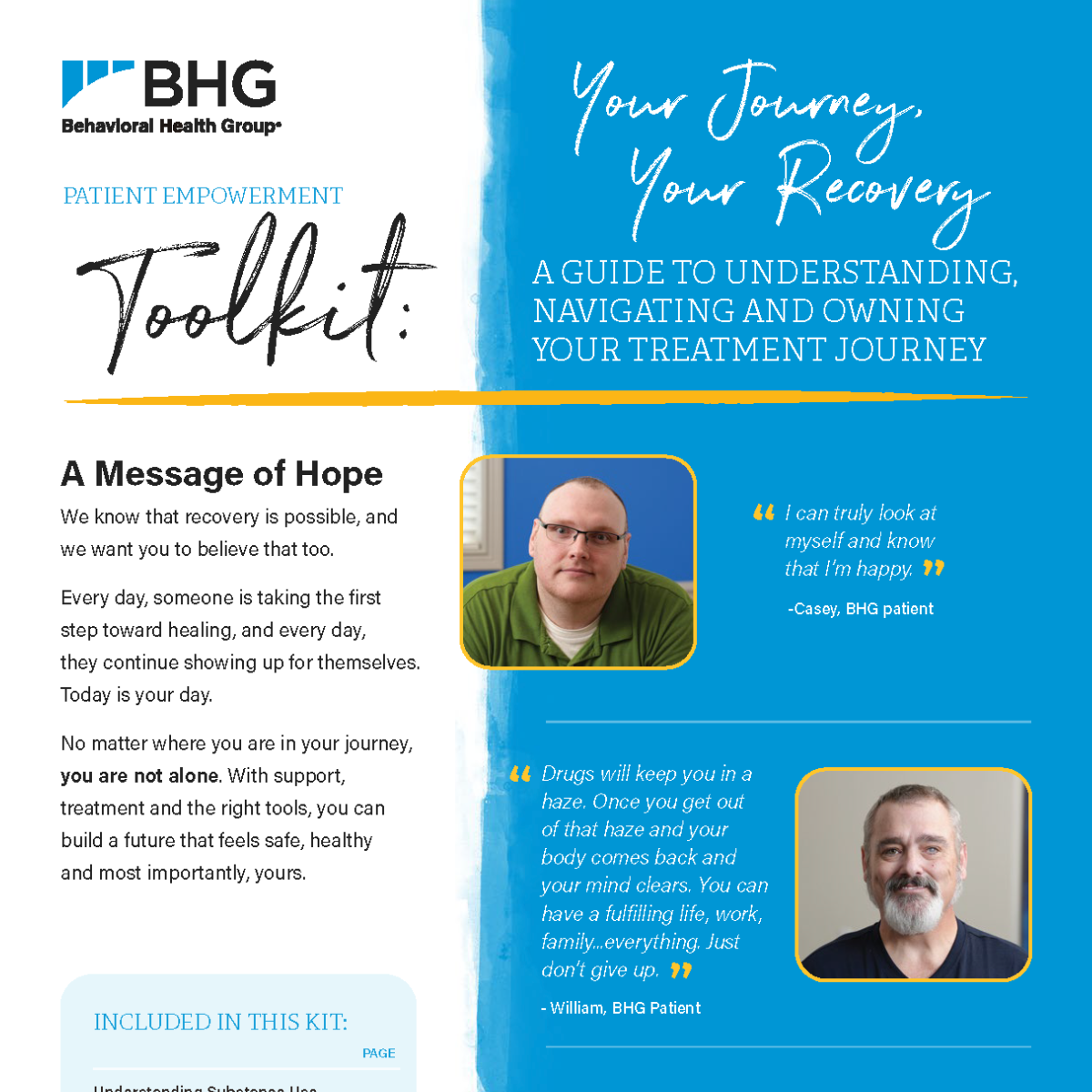
BHG in the News: The Critical Role of Medicaid in Tennessee’s Opioid Recovery
Read the full article by BHG Vice President of Operations, Amanda Karistai, MBA, LCSW-BACS, in The Tennessean hereor Yahoo News here.
Over the past year, Tennessee has made some big strides in fighting the opioid crisis. According to the CDC, overdose deaths declined by nearly 32% from November 2023 to November 2024 – a bigger drop than the national average. This progress is thanks to Naloxone (also known as Narcan) availability, public education and strong treatment programs. But even with these improvements, the fight is far from over. Continued success depends heavily on Medicaid funding, which helps thousands of people get the treatment they need to recover.
How Opioid Treatment Programs Help People Get Their Lives Back
The drop in overdose deaths isn’t just a number – it means real people are finding hope and healing. At Behavioral Health Group’s (BHG) 13 treatment centers in Tennessee, patients don’t just get medicine; they get counseling, medical support and case management to help them rebuild their lives.

Thanks to telehealth, mobile clinics and flexible take-home doses, more people can stick with their treatment plans. Amanda Karistai, Vice President of Operations at BHG, says these services help patients spend more time with family, get back to workand feel confident in their recovery. For many, treatment is the first step toward stability and a better future.
Medicaid Support is Key to Tennessee’s Continued Progress
Even with all this progress, preserving access to care is critical to keeping that momentum. Proposed changes to Medicaid, such as work requirements, could affect access to treatment for some individuals, making it important that any updates are considered carefully. Right now, 1,600 out of 6,400 patients at BHG treatment centers rely on Medicaid. That number used to be 1,800, but it dropped after COVID-era coverage ended.
For those fighting opioid use disorder (OUD), Medicaid helps remove financial barriers to care and provides a foundation for long-term recovery. In fact, an internal study at BHG shows that 63% of Medicaid patients in Tennessee are more likely to get a job after starting treatment. Medicaid can help more people stabilize, rebuild their lives and contribute to their communities – while also advancing the state’s efforts to address the opioid crisis.
Building on Progress and Protecting Lives
The progress Tennessee has made in fighting the opioid crisis is real, but it is also fragile. Continued investment in Medicaid support and community-based treatment programs is essential to keep the momentum going. With the right support, more lives can be saved, more families can heal and more communities can thrive. Protecting Medicaid funding is not just about healthcare – it’s about preserving hope and stability for thousands of people across the state.





